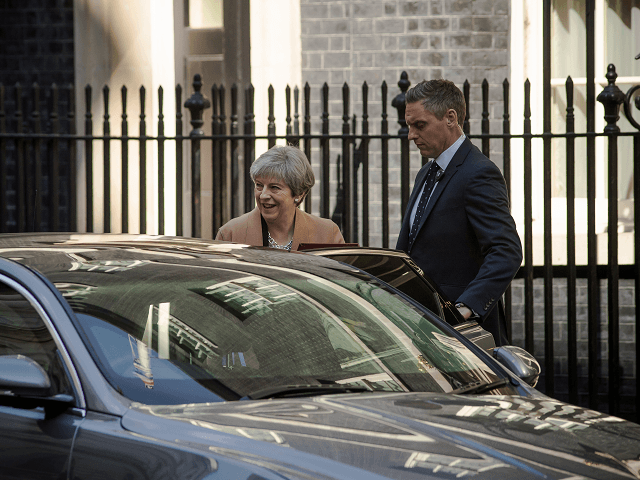Just 27 hours after British Prime Minister Theresa May announced her intention to call a general election in June, a House of Commons vote confirmed the election would go ahead, opening the way for the Queen to dissolve Parliament.
A majority of 522 members of the House, predominantly Conservative and Labour MPs voted to call the election against 13 noes on Wednesday afternoon. Whilst those voting for the government motion significantly outnumbered those opposed, under the provisions of the Fixed-term Parliaments Act the votes had to beat a two-thirds figure.
Because the law stipulates that two-thirds should be of the total number of MPs rather than a proportion of those in the chamber at the time, the government had to find 434 members willing to back the fresh election.
Before the Fixed-term Parliaments Act, introduced by the coalition government in 2011 as a sop to the Liberal Democrats, the prime minister could go to the Queen to ask her to dissolve parliament at will, as had been the case for hundreds of years. Whilst the prime minister now has to ask permission of the House of Commons before going to the Palace, it is possible the law could be repealed by the next government.
That the combined Labour and Conservative parties make up some 559 members of the house of a total 650, and that only 522 voted for the government, it is clear there were a number of rebels and absentees from the parties. One known amongst that number is veteran Labour MP Dennis Skinner, who spoke in the chamber earlier in the day to criticise the prime minister for apparently allowing members currently under investigation for electoral fraud to stand again.
With the passing of the vote, the election campaign has begun in earnest, with just 50 days to go until the vote on June 8th.

COMMENTS
Please let us know if you're having issues with commenting.